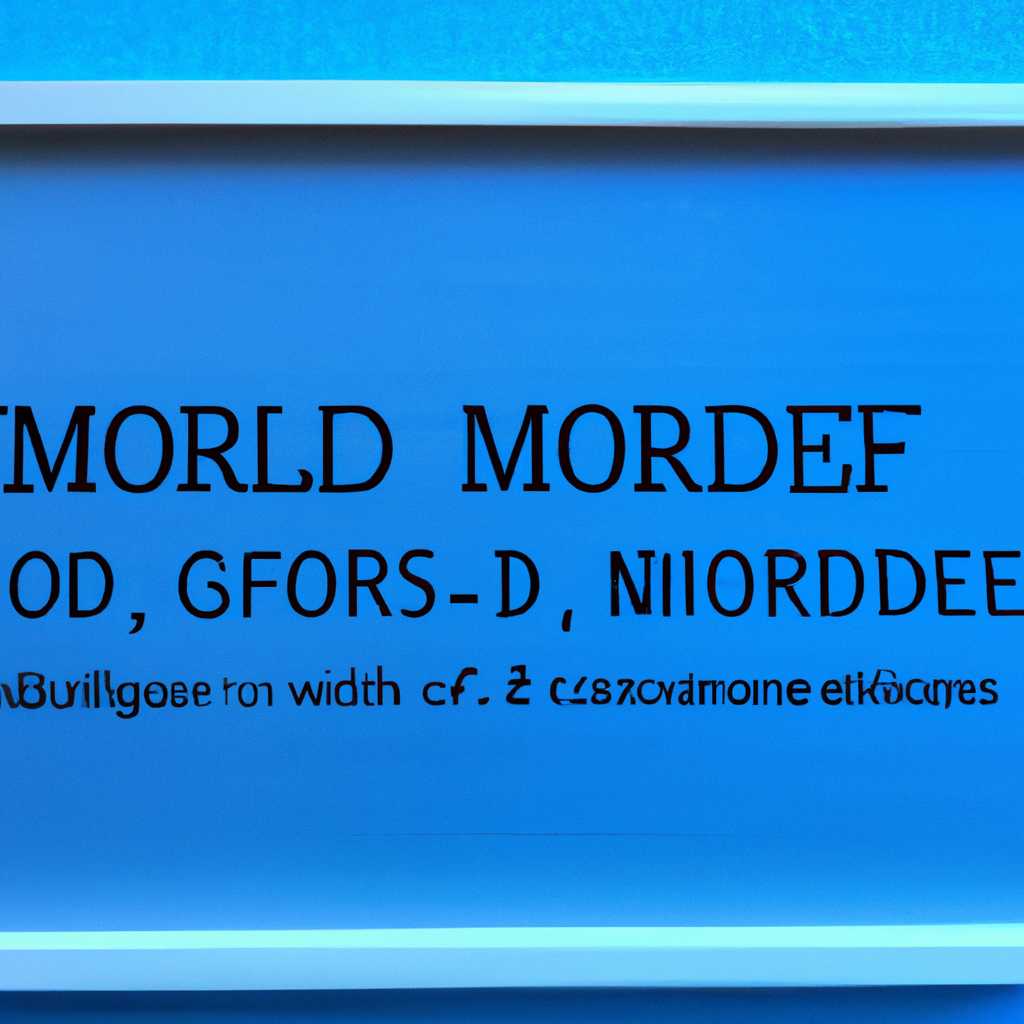Gordon Moore, co-founder of Intel Corp., passed away at the age of 94, leaving a legacy of innovation and accomplishment. Moore, together with fellow physicist Robert Noyce, was among the first to develop the integrated circuit and the chemical printing process used to produce chips mass-produced. Moore is perhaps best known for his 1965 prediction that the number of transistors in microchips would double every year, later amended to every two years, which became known as the "Moore law". This prediction went on to become the driving force for the pursuit of technological progress for half a century, paving the way for the development of personal computers, the Internet and Silicon Valley giants like Apple, Facebook and Google.
Moore was born in San Francisco in 1929 and was the first in his family to attend college. He earned a Bachelor's degree in chemistry from UC Berkeley in 1950 and a doctorate in chemistry and physics from CalTech in 1954. Moore later worked in the Shockley Semiconductor Laboratory, where he met Robert Noyce. In 1968 Moore and Noyce founded Intel. At Intel, Moore focused on the ability to quickly move products from the drawing board to customer and he fostered an entrepreneurial mindset and streamlined operations. Moore served as Executive President until 1975, then Chairman and CEO from 1979 to 1987 and Chairman until 1997.
Moore was a longtime sport fisherman and in 2000 he and his wife Betty started a foundation focusing on environmental causes. Moore was awarded Presidential Medal of Freedom by President George W. Bush in 2002 and the National Medal of Technology in 1990. He is survived by his wife, two sons and four grandchildren. Moore's contributions to the world of technology have been invaluable and will remain relevant for many years to come, making his legacy truly unforgettable.

